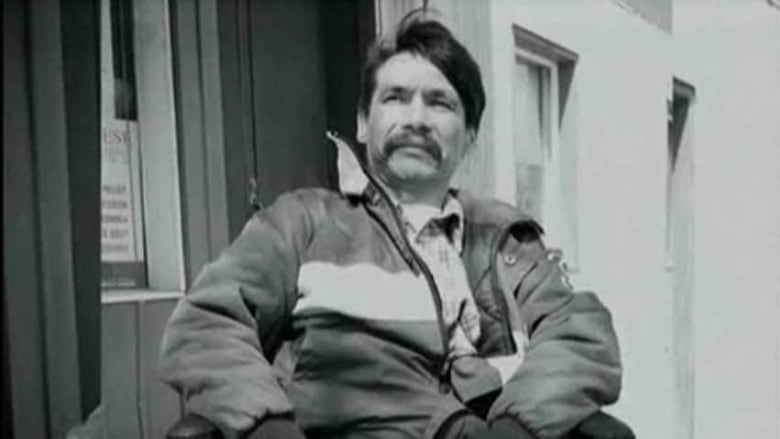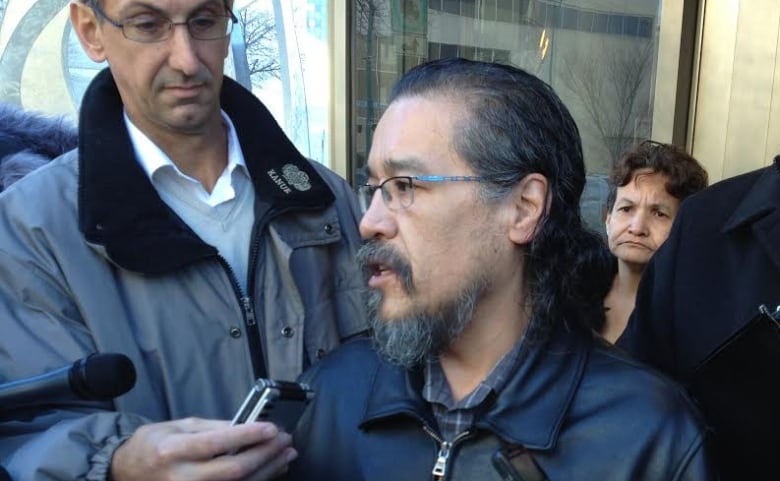First Nations, Second-Class Care


This week an encore of our award-winning look at why First Nations patients sometimes receive second-class health care in Canada. The program was awarded a bronze medal at the New York Festival of Radio and a certificate of merit at the Gabriel Awards earlier this year.
Share your medical story with us at whitecoat@cbc.ca
We begin with a look at theinquest into the deathof Brian Sinclair.
Sinclair, 45 was a homeless man and a double-amputee who died at the Health Sciences Centre in Winnipeg of a treatable bladder infection after waiting 34 hours for care. He was also aboriginal.
Recommendations from the inquest are expected to be released in December. But Sinclair's family pulled out of the proceedings after the judge ruled he would not hear evidence on whether racism played a role in what happened to him.

Then,Dr. Brian Goldmantalks to a First Nations woman in Toronto who had to visit three ERs during the course of a weekend to get admitted for a serious stroke.
He also talks to two young up-and-coming aboriginal MDs who reveal what it's like to deal with racism from their side of the gurney.
Dr. Alika Lafontainevice president of theIndigenous Physicans Association of Canada,reveals what itreallymeans when you write "aboriginal" on a chart.
Dr. Marcia Anderson DeCouteau,the past-president, reveals how she had to save her own father from a health-care system that saw him as "just another drunk Indian."
To them, he was just another drunk Indian.- Dr. Marcia Anderson Decouteau
Since the program aired efforts to recruit more aboriginal students into medical schools have continued. Many institutions are taking steps to draw in more first nations candidates,as outlined in this article by healthydebate.ca
If you have any stories to share about medical emergencies, email us or leave us a comment below.
You can hear a full, unedited version of that interview here:














_(720p).jpg)


 OFFICIAL HD MUSIC VIDEO.jpg)
.jpg)



























































































